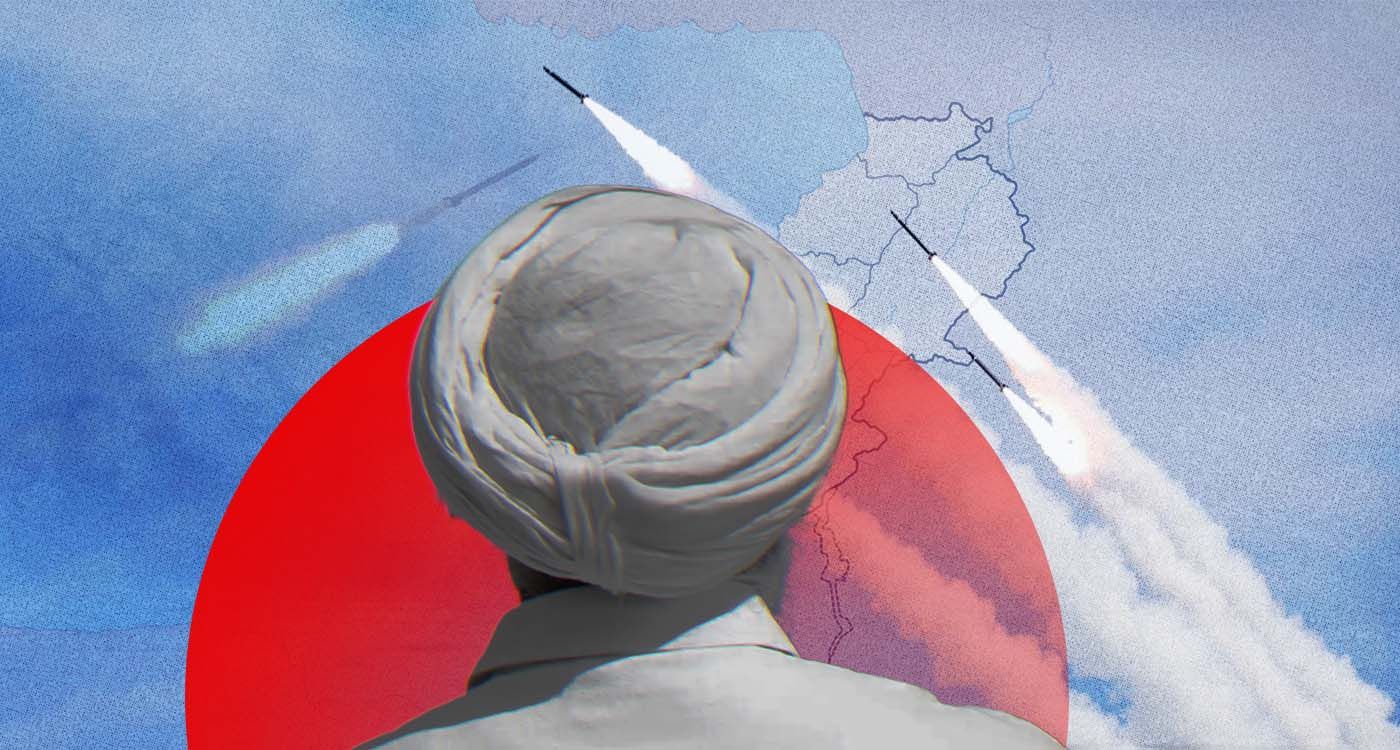
Donald Trump has unveiled his peace plan for Gaza. The Israelis accepted it, and the international community applauded – sometimes hesitantly, but applauded nonetheless. The question now is Hamas. The group remains undecided. We are not immune to yet another historic misstep on their part – one more in a long series – that could prolong the conflict. Even if they say yes, it will take months to turn glossy declarations into tangible reality, establish a workable timetable and form a viable mechanism of governance. The road ahead is long, strewn with uncertainty.
Meanwhile, attention may well shift from Gaza to Lebanon. Here, the unsettling truth is clear: the state seems incapable of disarming Hezbollah, and everyone knows that this vacuum fuels resentment and tension. US Senator Lindsey Graham even suggested a Plan B: if Beirut does nothing, Israel will act. In other words, a new war.
Pro-Iranian militia representatives have already declared they are ready for confrontation. One wonders with what – or whether it is truly the Karbala promised, speech after speech, by Hezbollah’s Secretary-General, a path that amounts to collective suicide. It recalls the madness that seized Japan at the end of World War II, when military and political leaders, along with a population blinded by fanatical propaganda, knew victory was impossible, yet considered it more honorable for 72 million Japanese to perish rather than surrender. The bombs of Hiroshima and Nagasaki tragically ended that delusion.
The difference today is that those urging self-destruction remain safely ensconced in Tehran. It is there that the architects of chaos barricade themselves, peddling promises of artificial victories and illusory paradises. As long as Iran’s leaders do not recognize – willingly or by force – that their role is over, their pawns in Lebanon, Gaza, Yemen and Iraq will continue to unleash catastrophe after catastrophe on the very peoples they claim to defend. A kind of curse, a dark geopolitical omen.
Even if Gaza stabilizes, which remains far from certain, the focus of confrontation may shift toward Tehran, perhaps even before Lebanon. Rational observers might have assumed that last June’s 12-day war, and Iran’s humiliating military defeat, would lead the mullahs to rethink their strategy and keep a low profile. Far from it.
Their belligerence has reached a peak. Amid the public hangings of so-called “spies,” they roar and issue threats. And this time, even the usually measured Europeans have lost patience, reinstating sanctions. No one now rules out strikes that could finally consign these zealots to the dustbin of history.
In short, we have entered a phase in which every promised truce seems merely the prelude to a new war. Pandora’s box is ajar, and it is far from certain that diplomacy, however resolute, can close it.
Napoleon Bonaparte once said, “A soldier, a people can endure setbacks, but a fanatic leader who errs drags everything into disaster.”
If only Khamenei would take it to heart.




Comments